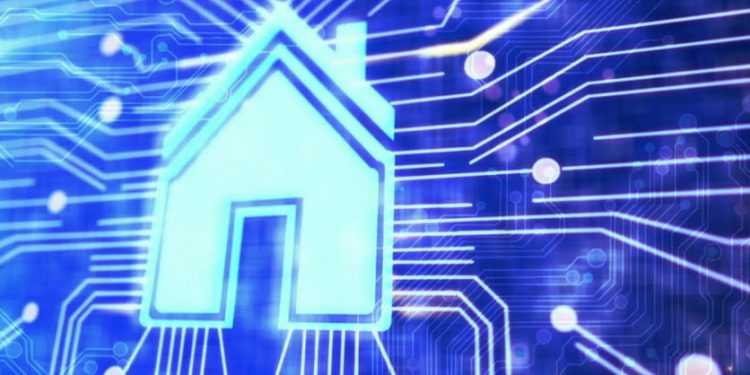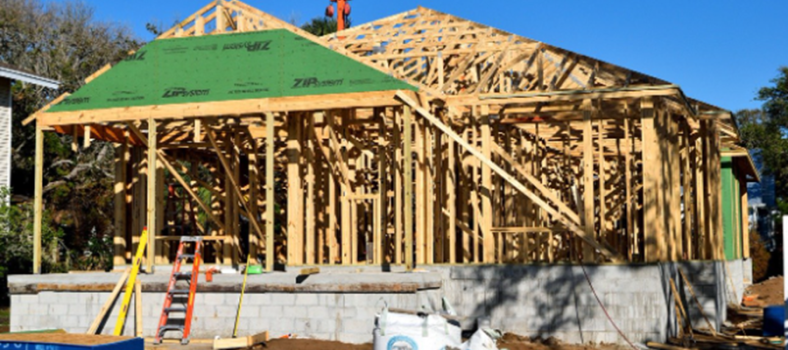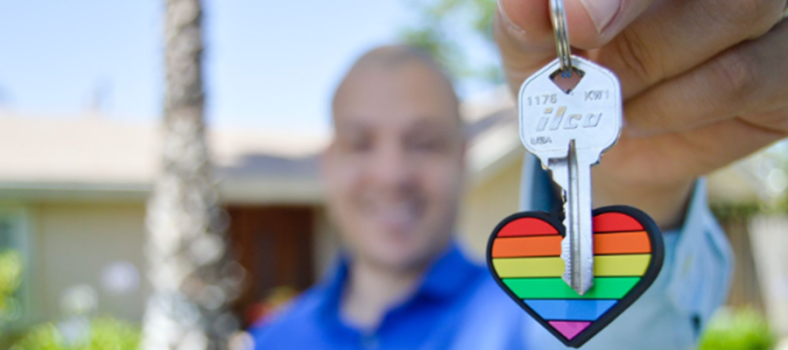4 Tips for Getting Started with Home Automation
Home automation can initially seem overwhelming for beginners. However, once it’s set up, it can be quite easy to use. Home automation gives you access to controlled devices in your home from a mobile phone that’s located anywhere in the world. The term can be used for isolated programmable devices like thermostats and sprinkler systems, but home automation can also be used to control home appliances like lights, electrical outlets, and heating and cooling systems. From a home security perspective, home automation is useful for securing your alarm system, doors, windows, smoke detectors, locks and surveillance cameras. If you’re interested in implementing home automation in your home, here are four tips to help you get started.
Decide How Much You Want to Spend
From the outset, it’s important to establish how much money you want to spend. Many people have concerns that building a smart home will have a costly impact on their wallet. However, smart devices are available at all different prices, including affordable to high end options. Before you purchase anything, it’s important to research products on the market and decide how much you feel comfortable spending. This way, you can set a reasonable budget to suit your technology capabilities and lifestyle.
Pick a Home Automation Category
After you’ve decided on your budget, it’s essential to pick a home automation category that you want to explore. This is a good way to build your system, as you can look around for products that work with the ecosystem you have chosen. The different categories available include entertainment, communications, climate control, lighting, and security, with products including kitchen appliances, baby monitors, cameras, lighting and door bells. When considering your home automation category, ensure that it suits your personal needs. Weigh up what tasks you’d like to make the most of around the home to help you prioritise what’s most important for you and your home.
Ensure Compatibility
When starting with home automation, it’s vital to ensure compatibility among the products you buy. As home automation is constantly evolving, new products become available all the time that essentially replace older products, and it can be hard to keep up. However, it’s recommended that you invest in backward compatibility with the products you already have and expand your home automation system rather than replacing it. This can save you time, money and complications in the long run.
Speak To a Home Automation Specialist
If you’re thinking about home automation, it’s essential to speak to a specialist who can help you with all your needs. They can help you discover what’s possible with smart homes, understand what technology is required to achieve your results, and know how to get the best outcome for your specific budget and requirements. Your home automation specialist will give you the best advice and answer any queries you may have while providing feedback on your ideas. If you’re considering home automation, make sure you speak to a home automation specialist to help guide you through the process.






No Comment